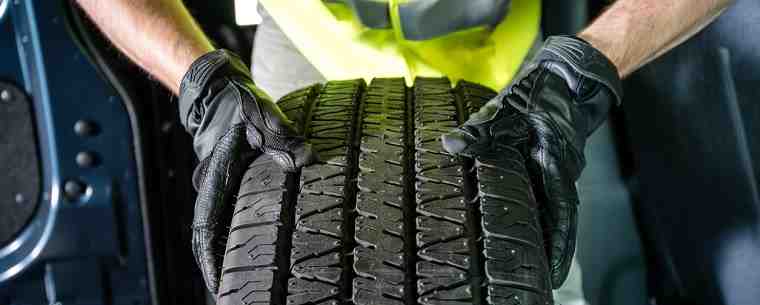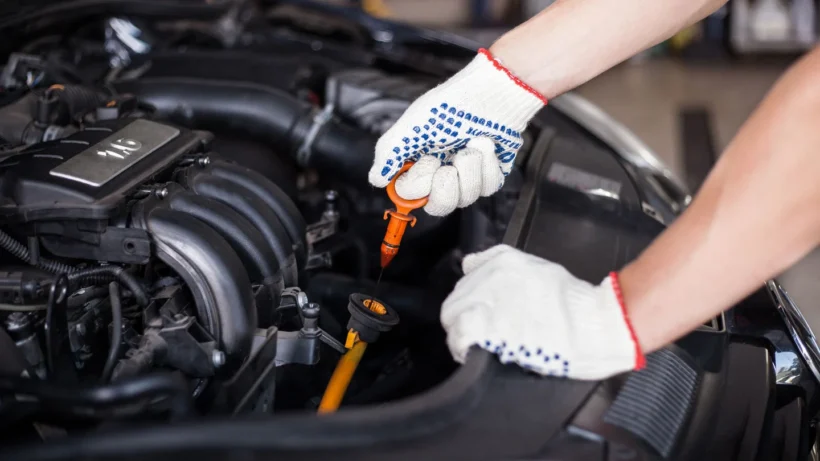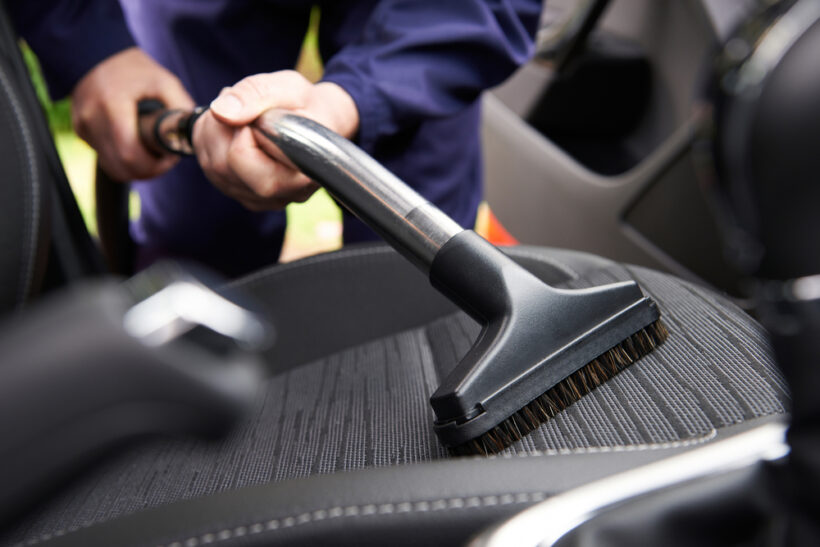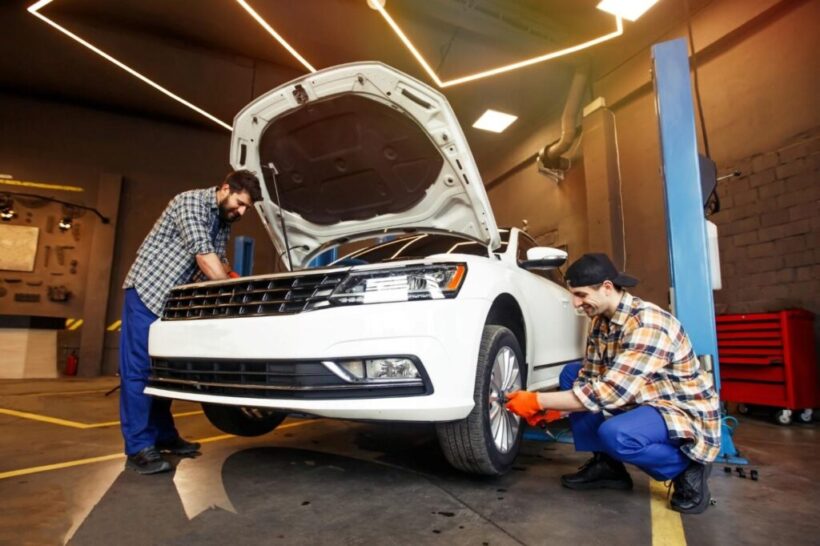When you own a car, you have a sense of convenience and freedom that enables you to quickly move from one point to another and navigate your daily activities without stress. Like any other manufactured machine, regular maintenance and care of these cars will help them serve us efficiently and reliably.
Elgin, a city in the northern part of Illinois, as per the 2020 census, had over 36,000 households and more than 26,000 families residing in it. In addition to cars, the residents also use Metra rail and the PACE bus for their daily commute. Proper car maintenance can be a challenge for residents without the proper knowledge.
If you prioritize the correct car maintenance techniques, you will extend its lifespan and improve its performance, resale value, and road safety. It is, therefore, essential to seek the help of experienced auto mechanics. This is why people throng to Elgin’s auto repair shops for their car repair and maintenance needs.
In this article, we will discuss seven essential tips that you should follow to keep your car in perfect condition. Whether you’re a seasoned car owner or a new one, these tips will empower you with the knowledge and skills to keep your car running smoothly for years. So, read these valuable insights and discover how you can become a proactive and responsible car owner.
Drive Responsibly

Your driving habits play a significant role in maintaining your car’s condition. Aggressive driving, sudden deceleration, and rough handling can strain various components unnecessarily, leading to premature wear and tear.
Drive responsibly, avoid potholes and speed bumps whenever possible, and follow the recommended maintenance procedures for driving in extreme conditions.
Change Engine Oil and Filters
Engine oil is an excellent lubricant for the moving parts of your car’s engine, preventing friction and overheating. Over time, the oil can be tarnished and lose its effectiveness. Regular engine oil and filter changes are essential to keeping your car’s engine functioning smoothly.
Follow the manufacturer’s guidelines on oil change intervals and use the recommended type of oil and filters for your automobile.
Keep Tires in Good Condition

Your car’s tires are its only contact with the road, making them vital for safety and performance. Regularly inspect the tire pressure, tread depth, and overall condition. Worn-out tires can lead to poor fuel efficiency, reduced handling, and an increased risk of blowouts.
The importance of checking tire pressure cannot be stressed enough. Tires that aren’t inflated properly, meaning under-inflated or over-inflated, have an increased probability of causing issues. Tires with poor tire pressure are prone to terrible handling. They also don’t stop as well as tires with the correct tire pressure. Not just that, maintaining proper tire pressure also leads to increased tire life and better fuel efficiency.
Rotate the tires regularly and have them balanced and aligned to extend their lifespan and ensure even wear.
Maintain the Battery
A healthy battery ensures reliable starts and uninterrupted electrical power for your car. Ensure that you keep checking the battery terminals for corrosion and cleaning them. Test the battery regularly to ensure it’s holding a charge, and replace it if it shows signs of degradation.
Extreme temperatures can affect battery life, so consider using a battery insulator during summers or winters.
Also, a car battery works best when it is regularly used. Avoid leaving your car unused for long periods of time. If possible, take your car for a 30-minute drive once a week to warm your engine. This process also promotes the circulation of the car’s fluids.
If you’re forced to leave your car unused due to unavoidable circumstances, you need to check your battery before you start it. If the battery has removable caps, inspect the electrolyte levels. If you’re unsure about what to do, contact a car workshop for guidance.
Follow a Scheduled Maintenance Plan

Adhering to your car’s scheduled maintenance plan is crucial for keeping it in excellent condition. Regular maintenance includes tune-ups, belt and hose replacements, spark plug changes, and more.
These preventive measures can identify and address minor issues before they become significant problems, ultimately saving you from costly repairs. Not just repairs, proper maintenance can be life-saving. Repairing or replacing old, worn-out parts will greatly reduce or prevent the risk of accidents.
Regularly Check Fluid Levels
Fluids are crucial to your car’s performance. It’s essential to periodically check and top up the engine oil, coolant, brake fluid, power steering fluid, and transmission fluid. Low fluid levels can lead to permanent engine damage or even complete failure.
Refer to the owner’s manual to determine the correct fluid levels and recommended intervals for checking and replacing them.
Keep the Car Clean

Regularly cleaning your automobile is more than just about aesthetics. Dirt, grime, and road salt can damage your car’s paint and undercarriage. Wash your automobile regularly and apply a protective wax to maintain its shine and protect the paint.
The car’s body aside, it is also important to clean the windshield regularly. Windshields are prone to dust, splattered bugs, stains, and other unpleasant elements. These elements will often obstruct the driver’s view, leading to accidents. Yes, wipers do clean your windshields, but they tend to leave a mark on the windshield, which blocks the driver’s view.
Remember the interior! Do not leave empty candy/food wrappers, leftover food, or any kind of garbage in it. Vacuuming the carpets, wiping down surfaces, and cleaning the upholstery will keep your car looking and feeling fresh. In addition to looks, a clean car can also improve your mood when you’re using it. Also, you don’t have to bother apologizing about the mess to anyone who enters your automobile for the first time.
In conclusion, your car’s longevity, performance, and safety solely depend on how you care for and maintain it properly. With regular maintenance, you can be sure that your car won’t let you down when you need it most.
You may think that your car doesn’t need regular maintenance. Spotting malfunctions early on is crucial to not just extending your car’s life but also reducing the risk of accidents.
The tips mentioned in this article are things that every car owner should know. Although there are plenty of other tips available on the internet, these are some of the most common ones that will benefit you and your automobile in the long run.

